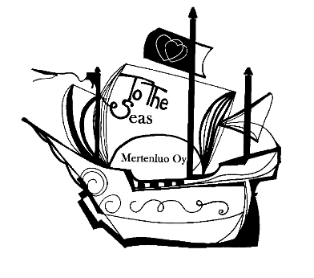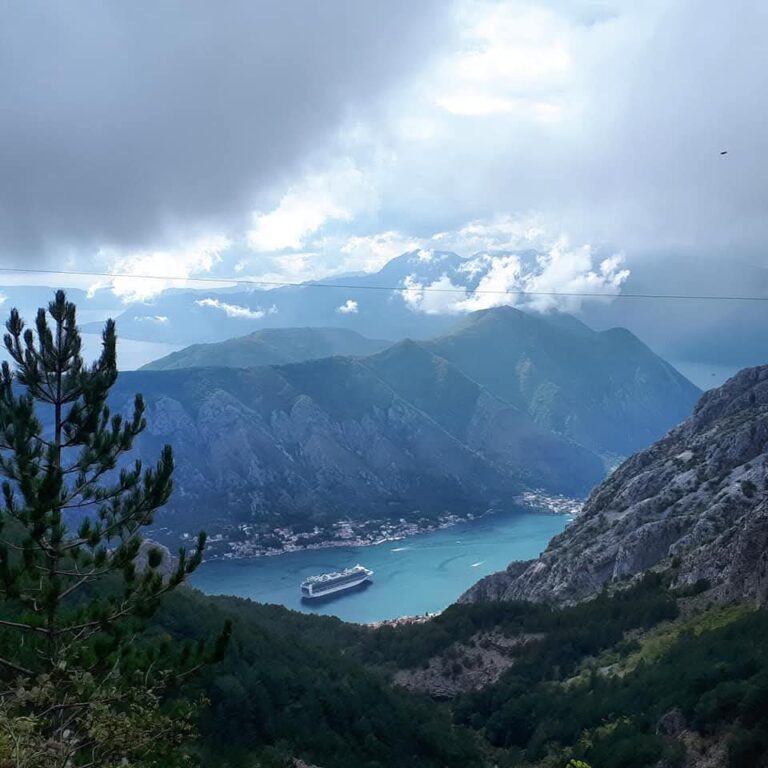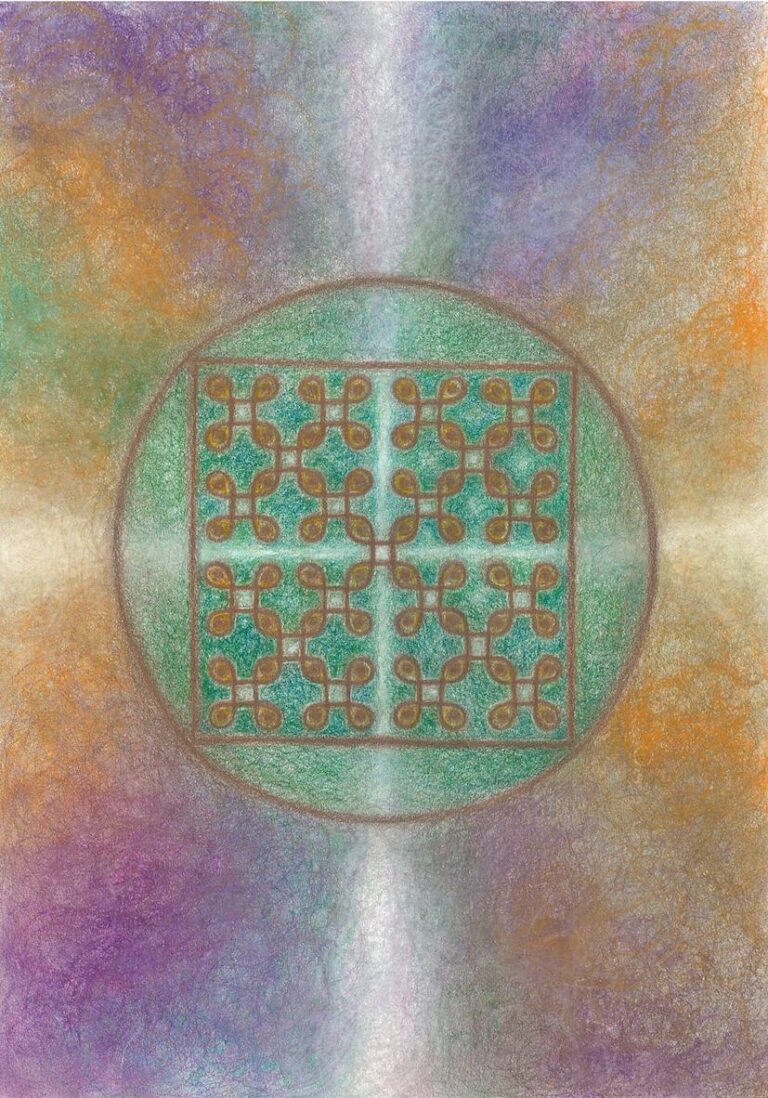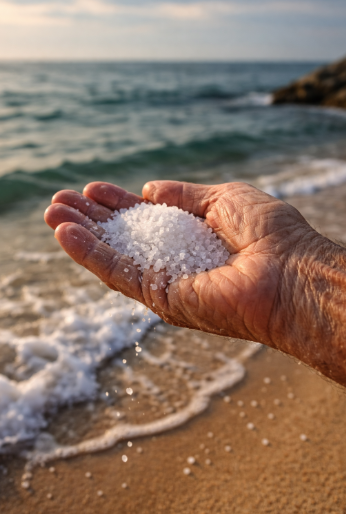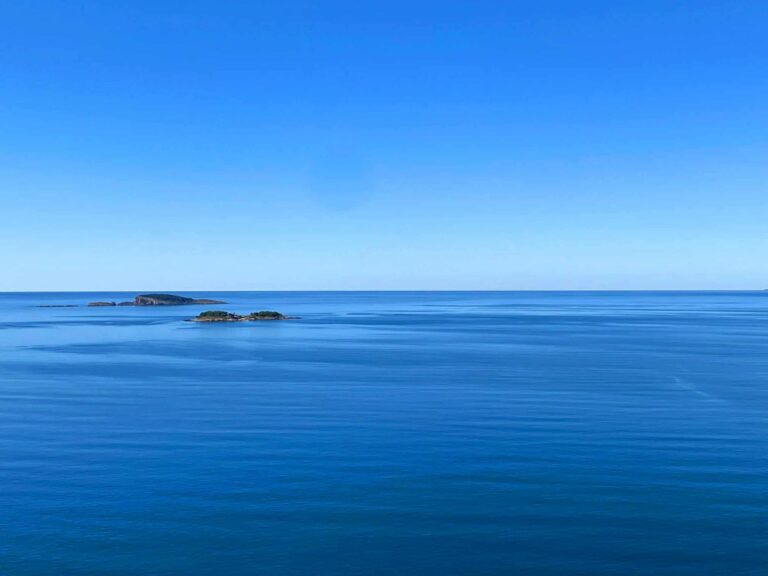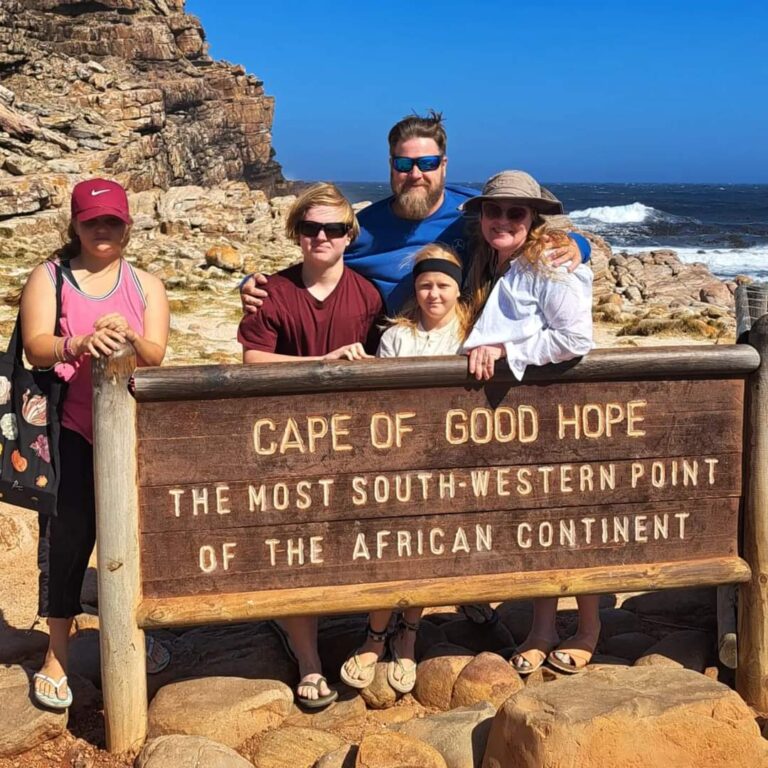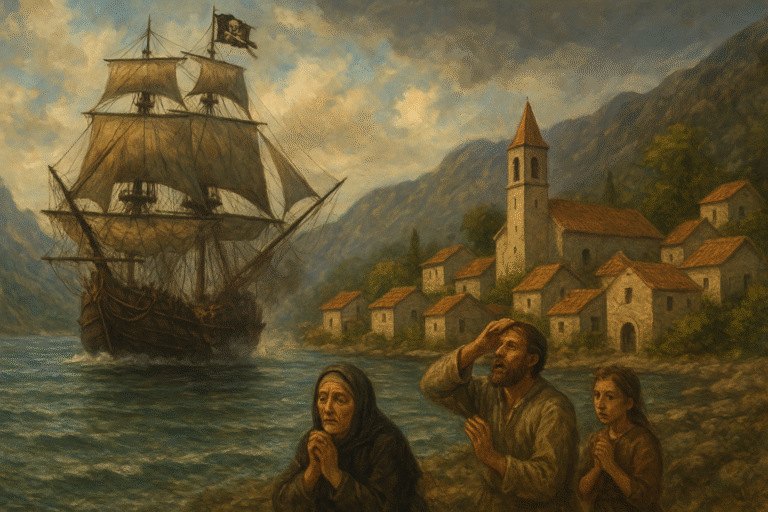Balkan Cultures Hold Water as Holy
The Balkan myths, legends and worshipping of water. A personal story – with a cultural approach.
I grew up in a mixed Catholic and Orthodox family in the former Yugoslavia. My life was between Bosnia and Herzegovina, Sarajevo and Dubrovnik, Croatia areas, a mix of local cultures. In-between the Croats, the Serbs and the Muslims there were different faiths, customs, values and beliefs, which were equally challenging as inspiring.
But life within these cultures was so much more than religion, tradition and nationality, it was about unwritten rules and norms. I had to learn fast and follow them – in order to adjust to my living surrounding and to show diplomatic respect for all sides.
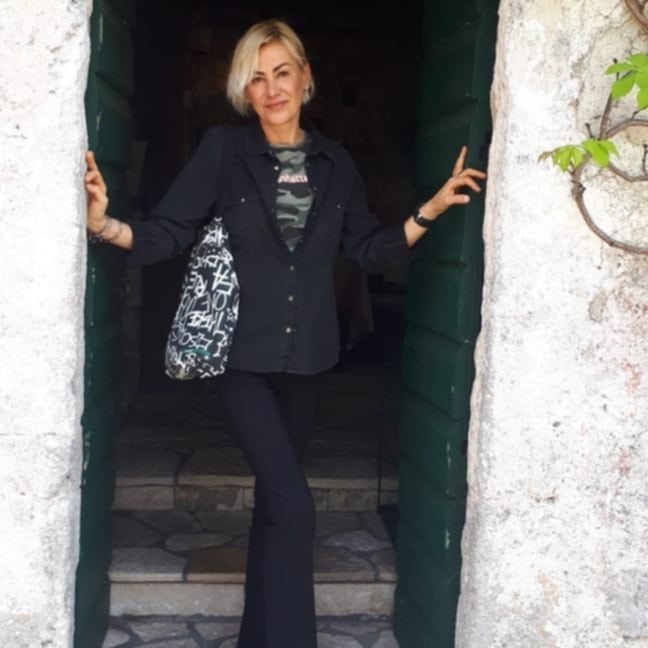
I must admit, to have this way learned a lot from a young age about the differencies within cultures and beliefs. This helped me later in my personal and professional lives both. I worked for years as an Instructor teaching Cultural Awareness in Balkan Area at Finnish Defence Forces International Centre (FINCENT). For me, it was inspiring and challenging to pass knowledge about Balkan different cultures, set of believes and customs related to every day life and routines. But how is all of this linked to water?
Well, in Balkans water has been worshipped in many different ways. Through religion, customs and legends. Some worshipping has roots from the Pagean times.
Water. We get it as selfexplanatory from the pump stations as bottled, we open the tab and it flows as being daily present as offered or we may just spill the left over from our glass without thinking it was value lost then. But what if those actions have a higher meaning then just a small moment in that day? What if one little child had to learn fast the role and spiritual impact of water, for example the baptizing water or water spilled by someone.
Water thrown in the air, water given to someone as medicine. Water left by the bed side, holy water given in the church? In short story goes like this: The day I was born was the biggest snow fall in Sarajevo ever! According to the measurement at that time before the digital set in. So, naturally, as custom of the culture, I had to be baptized.
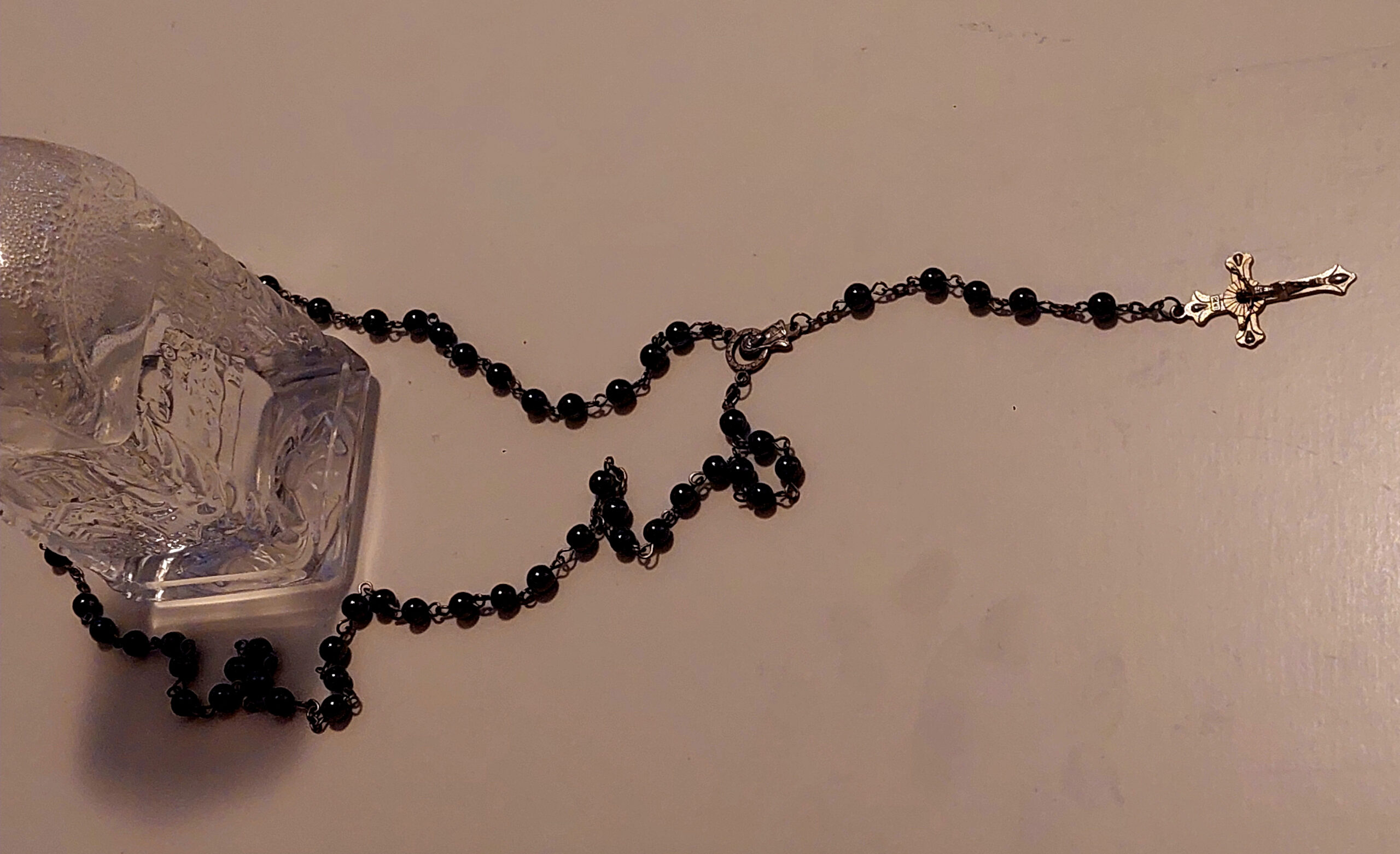
Both sides of the family were Christians – even with different Bible interpretations and customs. An innocent baby ended up experiencing both, with two different Church services. With two different water rituals!
My Catholic grandmother decided she will ‘ borrow’ me for a Christening service out of hospital for a few hours. She arranged the Catholic priest and ceremony was done with a few witnesses. I was baptized with sprinkling water over my head and returned safely back to maternity hospital, as nothing significant had happened!
After my mother and I were released from the hospital, the other, Orthodox grandmother, found out what happened. She followed a similar procedure. An Orthodox priest was arranged, with witnesses on location. I was baptized by immersion in water and the job was done. As a gift for the rest of my life I was given a small bottle filled with holy water, I was baptised in. I still have it saved! Related to this, I often joke that I feel very well protected and connected to a higher power!
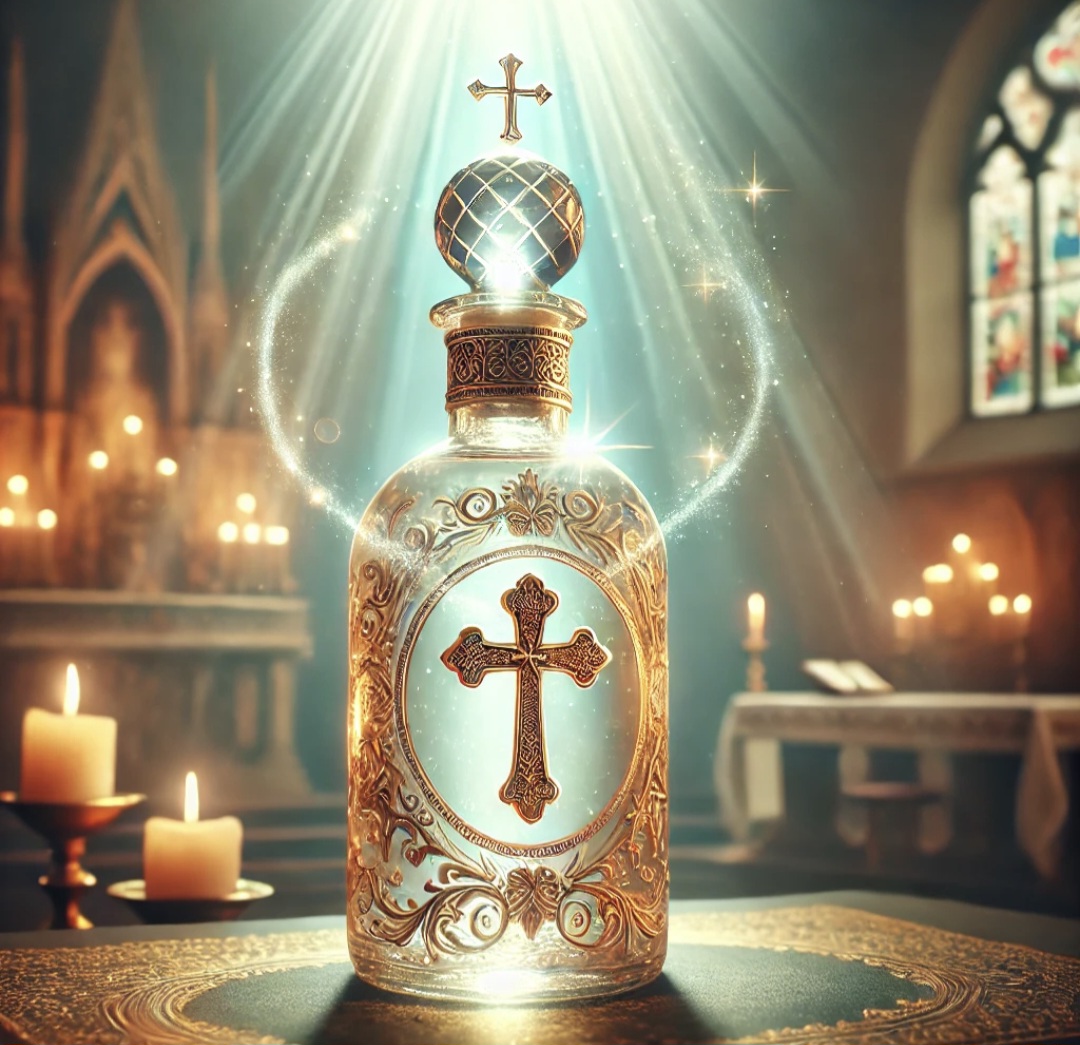
But back to water itself: on my Serbian Orthodox family side, there were many strange customs related to water. For example, when I started school or when I was going to an exam, my grandmother would spill water behind me. She believed it will bring me good luck and easy flow of the day. That belief is so widespread around Balkan Peninsula (Serbia, Bulgaria, Bosnia even Turkey) and practiced widely even today. On the other hand, if I would by accident or deliberately spill water, that meant bad luck! Calling up bad spirits! And I would hear about it, repeatedly!
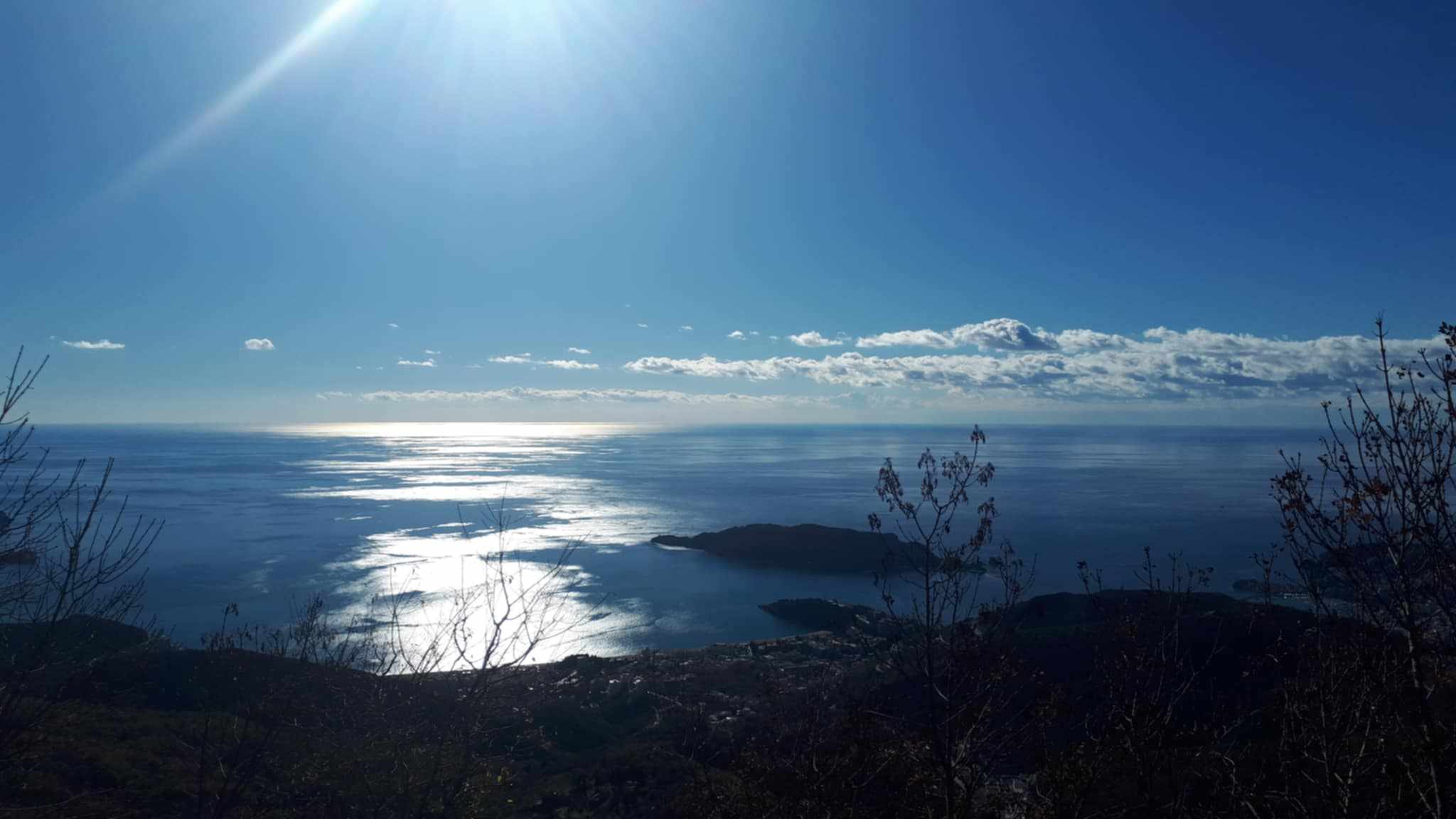
I remember often in the neighbourhood, if someone would make noise late at night, people would spill water on once terrace or windows, as a warning! As people understood the symbolic ritual, it really passed the message! None dared to make noise again as they believed, that bad spirits were awaken bringing bad luck to the family.
There are strong beliefs in the power of water, which can be beneficial, but also dangerous, depending on what time of day (night) it was taken, next to whom and in what place it was standing. This is how healing water, taken from a spring would help to sick one.
Other examples of symbolic meanings of water may have been how untouched water captured from certain caves in the forest should help women to become pregnant. Or how after (Orthodox) funeral service, one should wash hands and not immediately return home, but to go some other place instead. The list of these old water customs is long and interesting.
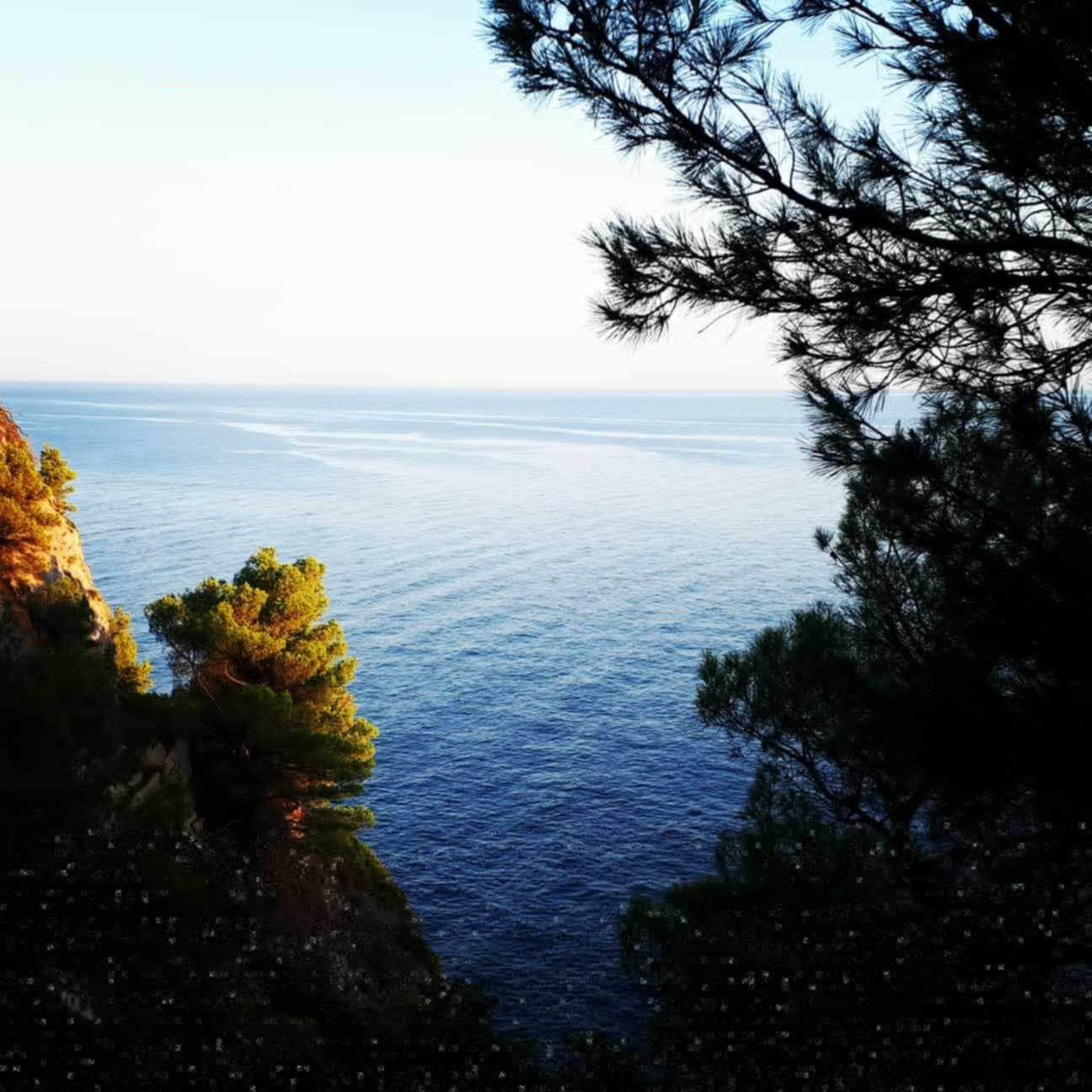
I tried to mention some of the examples widely practiced till nowadays. But the most beautiful legend about water comes from my birth place of Sarajevo! There are two places in old town of Bascarsija called Sebilj and Gazi-Husrev Beg Mosque fountain. Fountains build during the Ottoman Empire. The legend goes ‘ whoever drinks a water from Bascarsija will return to Sarajevo’ ! I guess you have to go there and test if the legend may be true!
I do it every time and keep returning there. And as for my Croatian side, as I previously wrote in my Dolphin blog at this site, there were not this kind of ‘water rituals’. But growing up by the Adriatic sea in my early pre-school ages, I learnt to respect the sea having my own ‘ritual’ with the most beautiful sea creature. Water in any kind of form is essence of our life.
Water in this case thought me history, respect and to coexist. Water in many ways was my ‘bridge building’ over the trouble Balkan waters! Water was sacred within many traditions in the area and its variable religions, but so it became of symbolic value in my heart.
Silvana Ivandic-Määttä (Nana)
(The writer is an invited guest blogger from the Balkan area)
https://www.spottedbylocals.com/sarajevo/drinking-fountain/
https://en.wikipedia.org/wiki/Bosnia_and_Herzegovina
https://en.wikipedia.org/wiki/Gazi_Husrev-beg_Mosque
💬 We’d love to hear from you!
Share your thoughts on our ToTheOceans.com blog posts —
your feedback helps our community grow!
(Please note: As this is a family-friendly space, all comments are reviewed before publication.)
